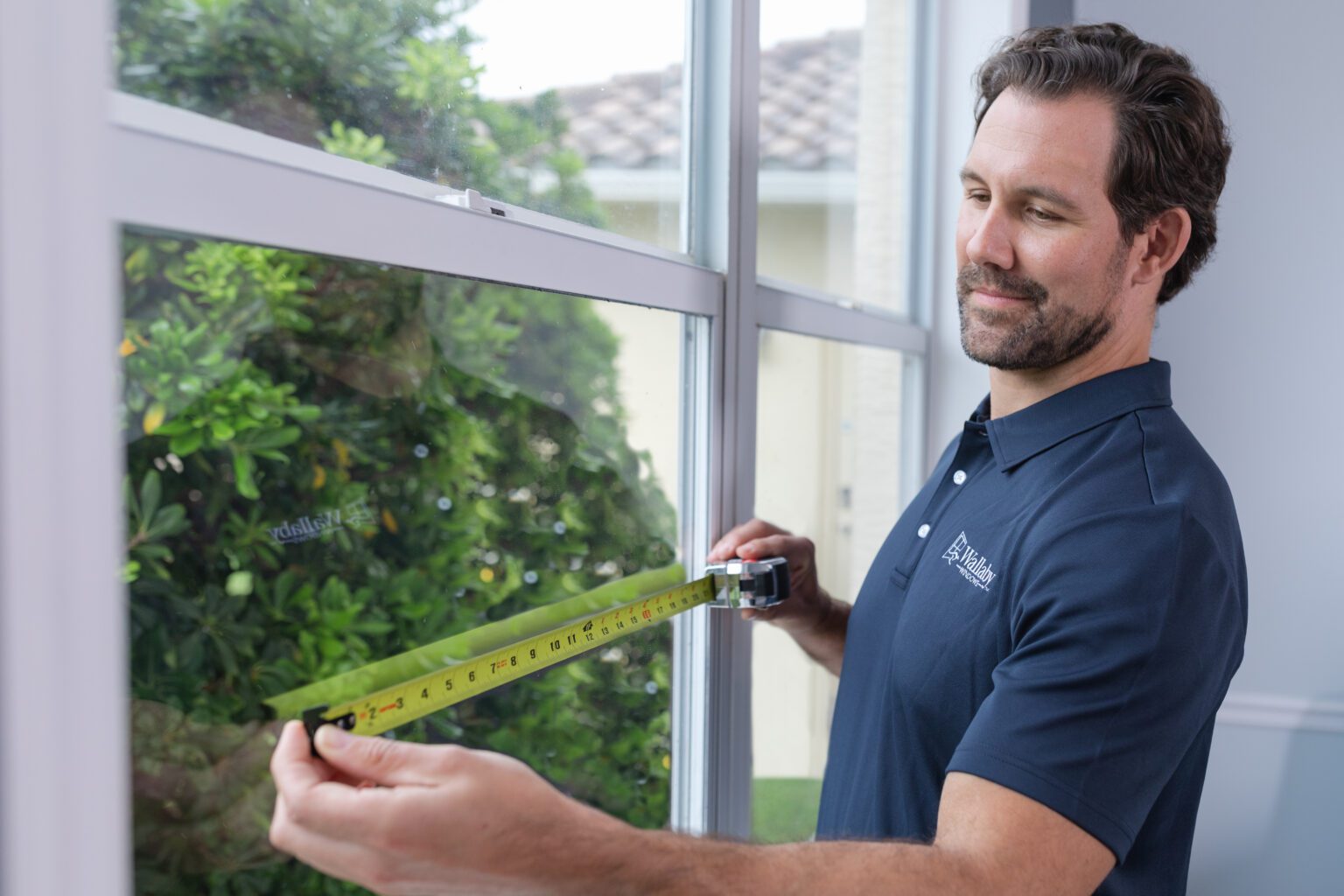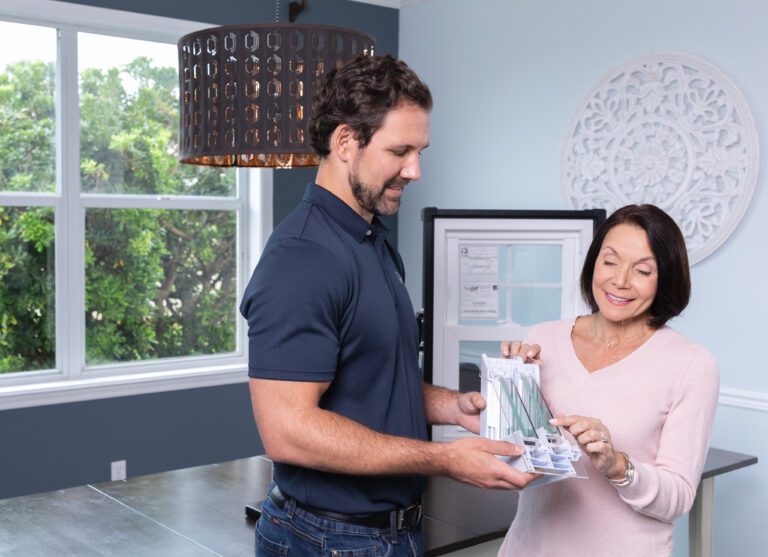Living in a coastal or humid climate like Wilmington comes with plenty of perks, sunshine, ocean breezes, and lush landscapes. But it also brings serious challenges when it comes to protecting your home from moisture, salt air, and high winds. Choosing the right windows can make all the difference in how your home holds up over time.
At Wallaby Windows, we work with industry-leading materials and expert installers to help homeowners in Coastal Carolina make smart, climate-specific choices. Here’s what you need to know if you live near the coast or in a high-humidity area.
Why Window Selection Matters in Humid or Coastal Areas
Humidity and salt air are tough on homes. Wood can swell and rot, metal can corrode, and seals can break down faster than usual. That’s why homeowners in Wilmington need windows that are built to withstand moisture, pressure changes, and thermal expansion without losing performance or durability.
Not all windows are created equal, and the wrong choice can lead to mold, energy loss, and high maintenance costs.
Top Window Materials for Moisture Resistance
1. Vinyl Windows
Vinyl is a popular choice in humid and coastal regions because it doesn’t absorb moisture. It resists warping, rotting, and peeling, which makes it a low-maintenance option that performs well even in salty air.
2. Fiberglass Windows
Fiberglass is strong, stable, and doesn’t expand or contract as much with temperature changes. It holds up extremely well to moisture, which makes it ideal for coastal areas where conditions fluctuate rapidly.
3. Aluminum with Thermal Breaks
Aluminum frames are strong and durable, but without thermal breaks they can conduct heat and moisture. Modern versions with thermal barriers are better suited for humid environments and can stand up to corrosion with the right finish.
Glass Considerations: It’s Not Just the Frame
Impact-Resistant Glass
Hurricane-prone zones like North and South Carolina often require windows with impact-resistant glass. These windows can withstand debris during storms and provide an added layer of security and insulation.
Low-E Coatings and Argon Gas Fills
Double-pane glass with Low-E coatings helps reduce heat transfer while preventing condensation buildup. When filled with argon gas, these windows insulate better and keep indoor humidity levels stable.
Best Window Styles for Coastal Homes
Casement Windows
Casement windows seal tightly when closed and are less prone to air and water leaks than sliding windows. They’re a great option for windy, damp conditions near the coast.
Awning Windows
Awning windows open outward from the bottom, allowing ventilation even during light rain without letting water inside. This makes them a smart pick for high-humidity zones.
Picture Windows with UV Protection
In coastal areas with strong sunlight, fixed picture windows with UV-blocking coatings protect furniture and floors from fading while providing beautiful views and excellent insulation.
Expert Tip: Installation Is Just As Important
Even the best windows won’t protect your home if they’re installed incorrectly. That’s why Wallaby Windows ensures every window is measured, sealed, and installed by trained professionals who understand local building codes and coastal requirements.
Proper flashing, caulking, and frame alignment help prevent water intrusion, mold growth, and energy loss.
Final Thoughts
If you live in a humid or coastal climate, investing in the right window type is essential, not optional. From vinyl and fiberglass frames to impact-resistant glass and weather-tight seals, Wallaby Windows offers options built for your environment.
Want to explore the best window solutions for your home in Wilmington? Contact Wallaby Windows today for a free consultation with one of our local experts.



